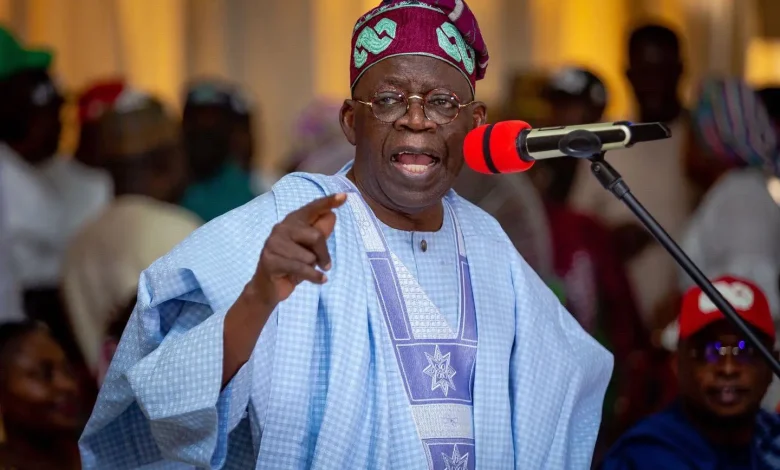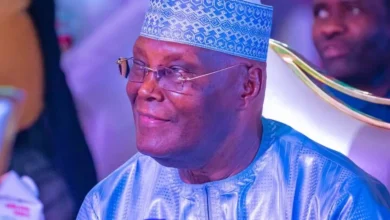
In a decisive move to combat the rising prices of liquefied petroleum gas (LPG), the Nigerian government has directed the Nigerian National Petroleum Company (NNPC) Limited and local LPG producers to halt all exports starting November 1, 2024.
This directive was announced by Minister of Petroleum Resources (Gas) Ekperikpe Ekpo during a recent stakeholders meeting in Abuja, where he expressed deep concern over the escalating costs that have burdened many Nigerians.
The price of LPG has seen a troubling increase, climbing from an average of N1,100–N1,250 to N1,500 per kilogram in a short span. Despite previous initiatives aimed at stabilizing the market, including the establishment of a high-level committee led by Farouk Ahmed, Chief Executive of the Nigerian Midstream and Downstream Petroleum Regulatory Authority (NMDPRA), the price fluctuations have persisted. This situation has raised alarms, prompting the government to take further action to protect consumers from economic hardship.
Ekpo’s announcement included several critical measures designed to address the crisis. Firstly, NNPC and local producers must cease all LPG exports or alternatively import equivalent volumes of the exported product at cost-reflective prices. This immediate suspension aims to ensure that domestic supply meets local demand, thereby alleviating some of the pressure on prices.
Additionally, the minister emphasized the need for a domestic LPG pricing framework. He instructed the NMDPRA and relevant stakeholders to create a pricing system within 90 days that reflects the costs of local production rather than relying on volatile external market prices. This shift is crucial for ensuring that Nigerians do not have to pay inflated prices for a commodity that is naturally abundant in the country.
In the long term, Ekpo outlined plans for the development of infrastructure necessary for blending, storing, and delivering LPG, with the goal of achieving market stability and sufficiency within 12 months. These facilities will play a vital role in securing a reliable supply of LPG, which is essential for households across Nigeria.
By implementing these measures, the Nigerian government aims to improve the availability and affordability of LPG, ultimately easing the economic burden on its citizens. “Our goal is to ensure that every Nigerian can access affordable cooking gas,” Ekpo stated, highlighting the government’s commitment to protecting the welfare of its people.
According to the National Bureau of Statistics (NBS), the average price of a 5 kg cylinder of cooking gas reached N6,699.63 in September, reflecting the urgency of the situation. Earlier in the year, the government had already suspended LPG exports in an attempt to stabilize the market, indicating a persistent challenge in managing this essential commodity.





